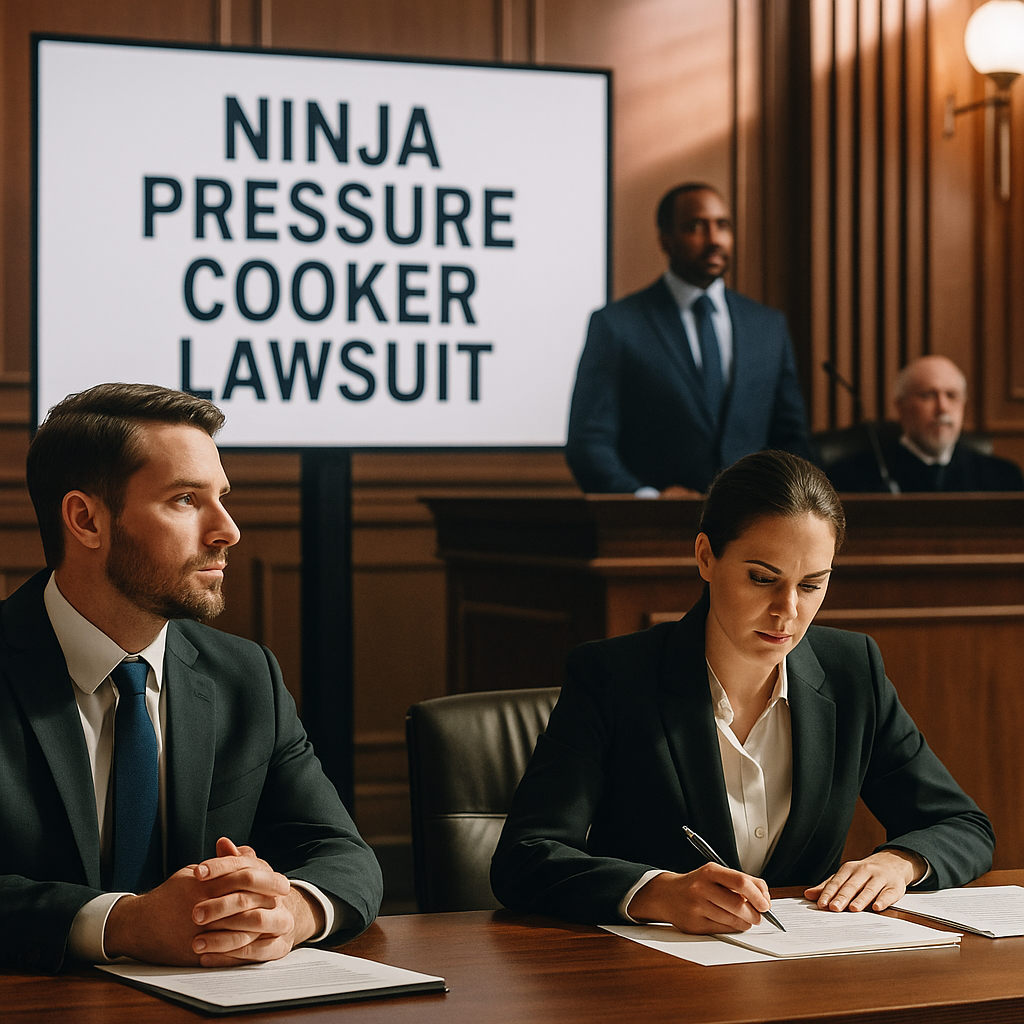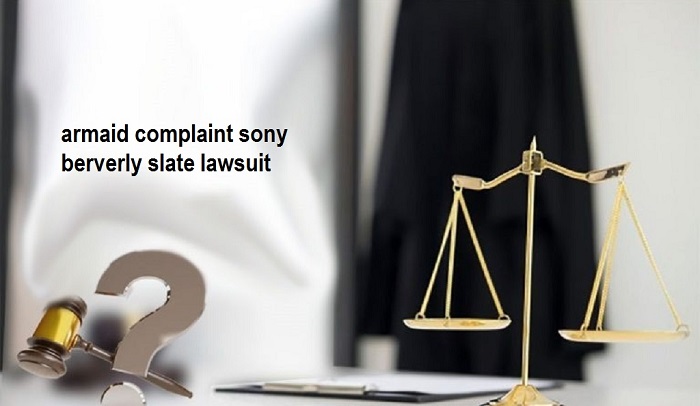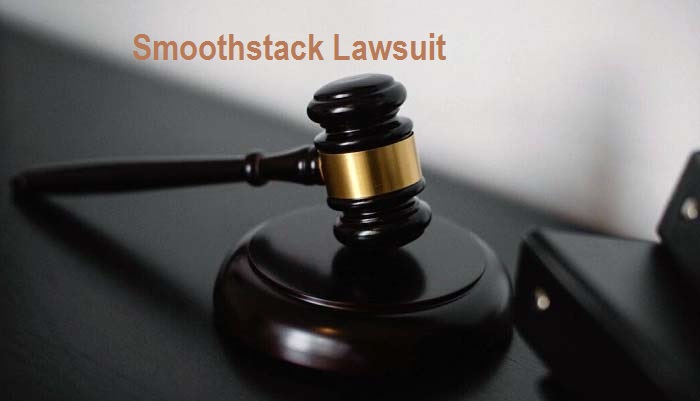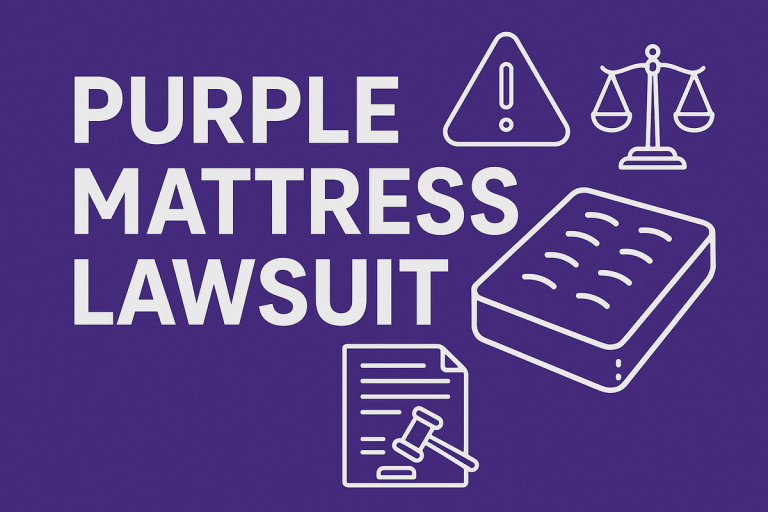The Ninja Foodi pressure cooker recall lawsuit started after users reported painful burns from hot food and liquid. The Ninja Foodi pressure cooker recall lawsuit centers on a defect that allows the lid to open while the contents are still under pressure. The issue caused sudden eruptions of boiling food and steam.
Several users say they followed the manual closely. Still, they were injured. Some say they heard a loud pop before the lid burst open. Others say the steam valve failed to release pressure. The reported injuries ranged from mild to severe. Victims required medical attention. The majority of reports were second-degree burns on the arms, chest, or face.
Complaints and photos on the internet served to raise an alarm. Reports made to the U.S. Consumer Product Safety Commission (CPSC) authenticated the hazard. Investigators determined that certain lids were locking loosely or failing to seal completely.
What models were recalled?
SharkNinja has recalled some Ninja Foodi pressure cookers. They were OL501, OL601, and OL701. More than 1.5 million were recalled in the U.S. and Canada. The cookers were available for sale from 2020 through 2023 in places such as Walmart, Target, and Best Buy.
The recall notice stated that the cookers might pressurize even if their lids weren’t locked in place. That defect increased the risk of the lid being detached while in use. SharkNinja asked buyers to stop using the cookers right away. The company offered new lids or full refunds.
The recall came only after dozens of injury reports reached the CPSC. Some users shared photos of red, blistered skin. Others described hearing a hiss before hot food shot out. The recall notice did not mention legal action, but lawsuits soon followed.
What do the lawsuits claim?
The lawsuits say SharkNinja sold unsafe products. Plaintiffs argue that the company was aware of the lid issue but continued to sell the cookers. The claims also say the manuals failed to explain the risk clearly.
In one case, a woman in Texas says the lid flew off while she cooked rice. Hot water hit her arm, leaving deep burns. Another lawsuit in Florida says a man was hit in the face with chili. He needed hospital care and missed work for two weeks.
The lawsuits seek damages for medical expenses, lost wages, and pain and suffering. Some lawyers are also asking courts to force SharkNinja to test future models more carefully.
How did SharkNinja respond?
SharkNinja issued a recall and made a public statement regarding the matter. The company emphasized the importance of safety and offered free fixes. They advised customers to check their model numbers and follow recall steps.
But the company has not accepted responsibility in court. In legal replies, SharkNinja says the cookers meet safety rules. It also claims that users did not follow instructions correctly. Lawyers for the victims disagree. They say the cookers had serious flaws that no warning label could fix.
Legal experts say recalls often help show that a product was faulty. While a recall does not prove guilt, it adds weight to lawsuits. In this case, the number of injuries and size of the recall could matter in court.
Are more lawsuits expected?
Yes. Law firms say many people are still coming forward. Some did not know about the recall until after they were hurt. Others were unsure if they had a case. As legal ads and news spread, more lawsuits are likely.
Some firms are preparing class action cases. These could include all users with recalled models. If certified, class actions let many people sue together. That could increase pressure on SharkNinja to settle or improve safety testing.
Consumer safety groups have also raised concerns. They want stricter rules on pressure cookers and faster recall alerts. Many say it should not take dozens of injuries for action to happen.
What does this mean for you?
If you own a Ninja Foodi pressure cooker, check your model number. Look under the cooker base or on the label. Visit the CPSC site or SharkNinja’s recall page. If your model is listed, stop using it right away.
You can ask for a replacement lid or refund. If you were injured, speak with a doctor. Then talk to a lawyer. Keep all receipts, photos, and medical records.
Many people trusted these cookers. They now say they feel misled and unsafe. These lawsuits may lead to stronger rules and better designs. Companies must make sure their products don’t hurt people at home.
What happens next?
The lawsuits will move through court in the coming months. Judges will decide if class actions move forward. Some cases may settle before trial. Others could lead to hearings and rulings. SharkNinja could face more claims if more users speak out. The company may have to pay damages or update how it designs and tests pressure cookers. Regulators may also push for better recall systems. The case could influence how kitchen appliances are approved and sold. Lawyers say the outcomes may affect how quickly other brands respond to future safety issues.
FAQs About Ninja Foodi Pressure Cooker Recall Lawsuit
Which Ninja Foodi models are part of the recall?
OL501, OL601, and OL701 sold between 2020 and 2023.
Why are users suing SharkNinja?
They say the cookers had unsafe lids that opened under pressure and caused burns.
Did SharkNinja accept blame?
No. The company recalled products but has not admitted fault in court.
What if I got burned?
Seek medical help and legal advice. Save receipts, photos, and doctor notes.
How do I check if my model is recalled?
Look under the base or side label. Then visit CPSC.gov or SharkNinja.com.
Conclusion
Ninja Foodi pressure cooker recall lawsuit showcases serious product safety issues that impact ordinary consumers. Consumers purchased these cookers anticipating reliability. Rather, numerous claim they experienced severe burns making ordinary meals. Images, medical histories, and consumer complaints have demonstrated that the cookers can fail to properly lock, even under pressure. These problems are not isolated incidents—they indicate widespread design flaw.
The lawsuits try to make SharkNinja liable for the sale of a product that led to injury. They also call for changes which may deter future injuries. The lawsuits ask for compensation for suffering, medical bills, and lost income. Aside from compensation in the form of money, they are asking for truthful warnings and safer testing procedures.
This case can alter the way businesses respond to product malfunctioning. It also poses a question for every kitchen appliance manufacturer: how will you defend the individuals using your products on a daily basis? With this case, its outcome may affect product recalls, consumer confidence, and safety inspections in houses nationwide.




